(Continued from Part III)
Though Fossick hated magic, it was obvious that he had learned plenty about it in the service of the Brethren. He quickly accepted the relationship between stone, spell, and Bramlet, and even grasped the concept of singularity with surprising ease. He asked intelligent questions and soaked up the answers. They agreed that it needed to be hidden or placed in safer hands, though Fossick expressed doubt that the king’s hands should be considered safer than Delanor’s.
“Can we kill the warlock tonight?” Fossick asked hopefully.
“Though he is weak at the moment, his personal chamber is trapped and magically protected. It would be far easier to attack a dragon in his lair than to try Delanor in his. But now that you have his name you can be patient. If we remove the stone, there will be no more Bramlets. But so long as it is here, it can fall into the hands of other Brethren.”
“If you can get it out of his house tonight,” Fossick said, “I can get it out of the city. Then I’ll return and kill the warlock. Bring the stone to the morgue as quickly as possible. I have other arrangements to make.” He disappeared into the night.
As he reached the tower, Grumadir realized he lacked only two things to complete his portion of the mission: the ability to move the stone quickly and the ability to move it quietly. Though he hated to involve others, Grumadir summoned his driver to prepare his cart. Then he ordered the porters to load the stone, unnecessarily reminding them that Delanor would be wroth if they disturbed him. Grumadir’s offhand mention that he had sold it to a collector diffused their curiosity. The warlock had never laid claim to the stone, and the porters were content to obey Grumadir’s orders without seeking further permission.
Grumadir drove the cart himself, quietly urging the horses through the torchlit streets toward the morgue. Fossick waited in the shadows.
The portals of each city gate had gone down with the sun, trapping people either in or out of the city until morning. Grumadir knew the impossibility of trying to smuggle anything out, or rather, he didn’t know of any way to do so, which amounted to the same thing. The conundrum did not seem to bother Fossick, who kept peering back as if some unexpected visitor might sneak up behind him. One did, though he was expected. A mountain of a man appeared beside him, draped in black from head to toe. His skin was pale and his eyes were as lifeless as those of a carp. Grumadir shuddered in spite of himself.
“Call me Taker,” the city’s undertaker said, extending a scarred hand. “Fossick,” he said, turning, “I understand we need to visit the graveyard tonight.”
The plan was settled so quickly that Grumadir decided it was a normal course of business rather than an improvisation. Money changed hands, enough that Taker was visibly taken aback. He agreed to the job quickly, though what it entailed was left vague. Fossick treated him properly even if no one else in the world wanted to see him, and that seemed to be enough reassurance.
Taker owned a wide cart and a sorry, rail-thin nag of a horse to pull it. Atop the cart lay several wooden caskets, open and empty, with a hammer and a fistful of small nails beside them. Taker and Fossick removed two of the caskets, leaving three in place. Then they lifted the runestone into one and nailed the lid down. Fossick put his crossbow into the second and stepped in.
“In you go,” Taker said without a smile, pointing Grumadir to the final casket. Its lid rested beside it. Grumadir felt the nails being driven in around the lid. He shook with excitement and fear bordering on panic. Bile rose in his throat, and he craved a wineskin to wash the taste away. The darkness smothered him as the cart began to move.
* * *
A lone man and his cart pulled up to one of the seven city gates as if there was no reason it should not open at his mere presence. Though few reasons were sufficient to raise a gate after dark, his occupation put him in position to offer one.
“Hey, Taker,” the guard asked, approaching the cart warily, “where you a-going so late at night? You know I can’t open the gate until sunup.”
“I’ve got a whole family dead with plague and I need them in the ground tonight so it doesn’t spread,” he replied, a mirthless grin on his features. “You want a look at the buboes? If you get close enough, maybe I’ll get some business from your widow.”
The man politely declined; he didn’t have a widow and apparently didn’t find this a good night to acquire one. The gate rose, a few coins lined a new pocket, and the enormous undertaker shepherded his plague victims out of the city into the darkness beyond. As the road passed close to the graveyard, Taker brought the cart to a halt and opened two caskets, freeing his stifled contraband. Grumadir inhaled deeply, blessing the clear sky and the cold air that greeted him. The casket containing the stone could wait until they arrived at their destination.
“Now, where are we going, Wizardling?” Taker asked. Upon hearing their destination was the capitol, he gave a low whistle and cast a doubtful glance toward his nag. “Well, that’s a full-day’s ride and then some. We might as well get moving.”
Fossick produced a gross of short crossbow bolts from inside his casket, looking appreciatively at the undertaker. “You never know if we’ll need to eat twelve dozen rabbits our journey,” the latter said flatly.
(Continued in Part V)
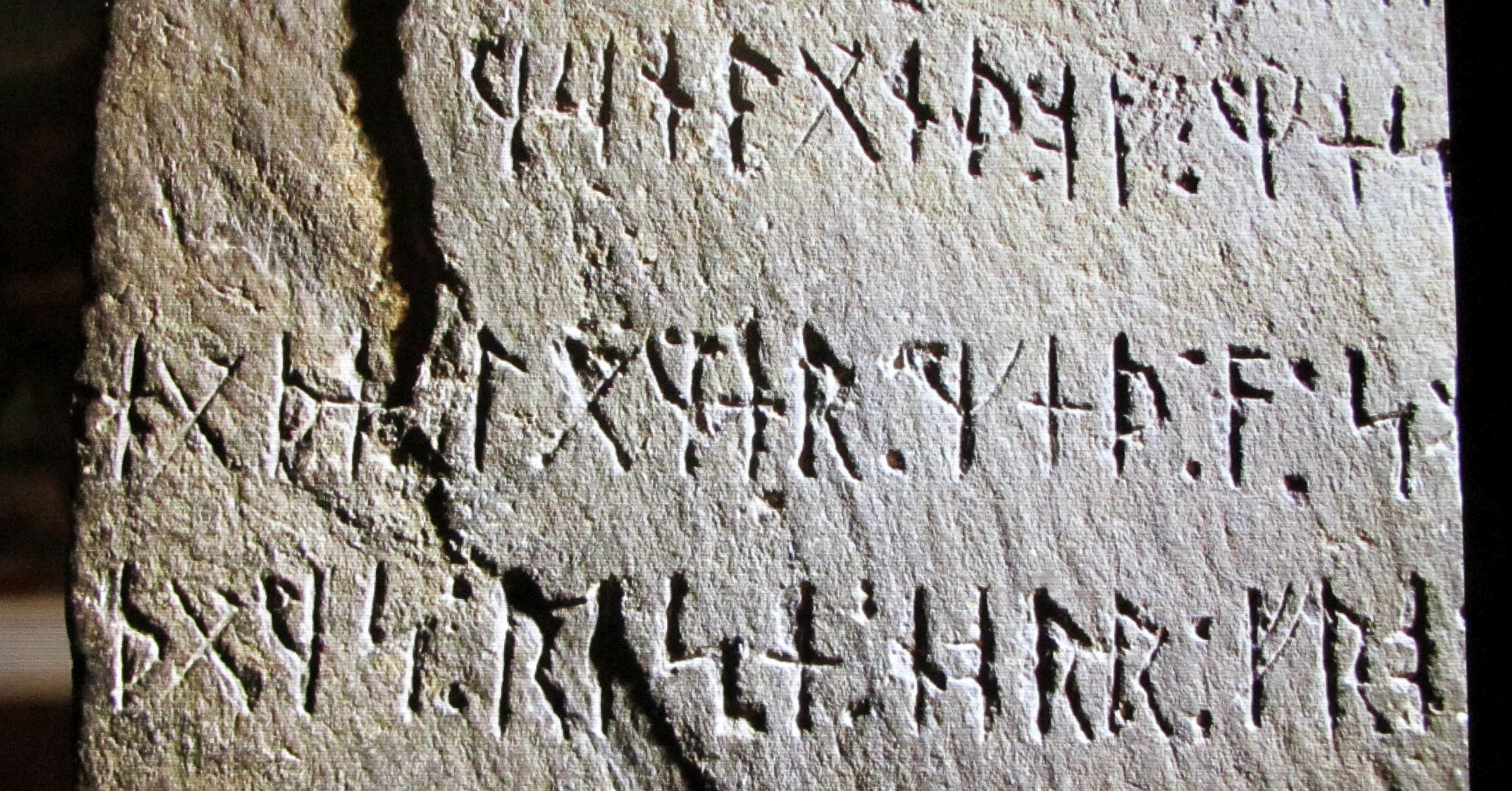
Ruinstone – Part IV
2 Comments
Leave a Reply
Latest from Literature
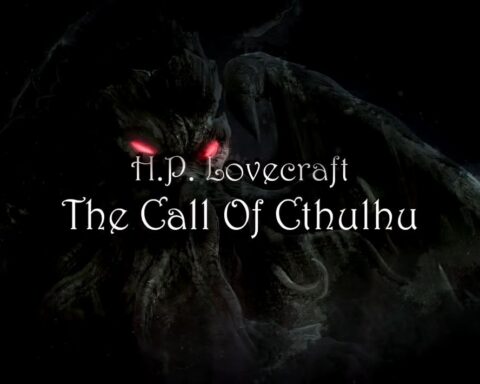
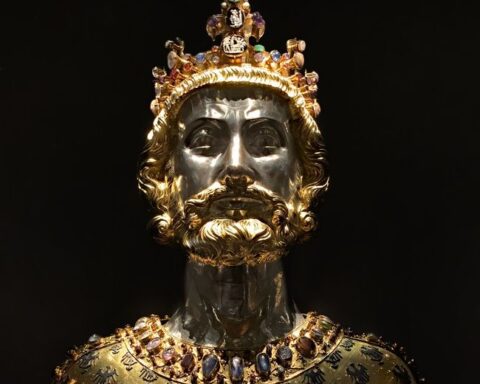
Legends of Charlemagne
His fame has been enhanced and magnified through a host of ballads and romances.
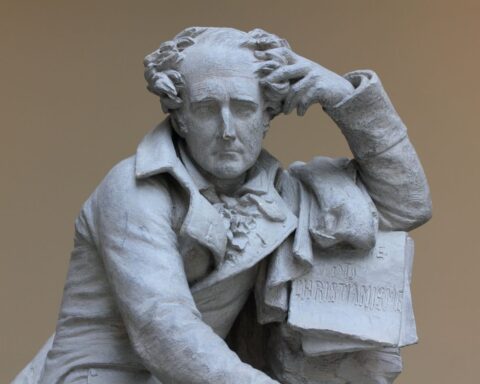
Chateaubriand (Part 2)
His journey in 1806, from Paris to Greece, Constantinople, Palestine, Egypt, and Carthage.

Old Ways
Editor’s note: Originally posted by Last Redoubt at https://lastredoubt.substack.com/p/old-ways Paper has a lot of problems. It’s bulky. It catches fire. More to the point, if I want to send something on paper
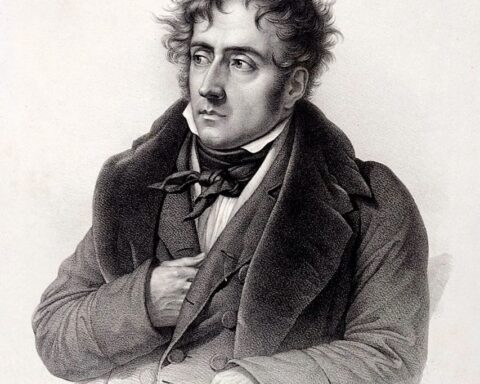
Chateaubriand (Part 1)
"It was in these disastrous days that Chateaubriand arose, and bent the force of his lofty mind to restore the fallen but imperishable faith of his fathers."



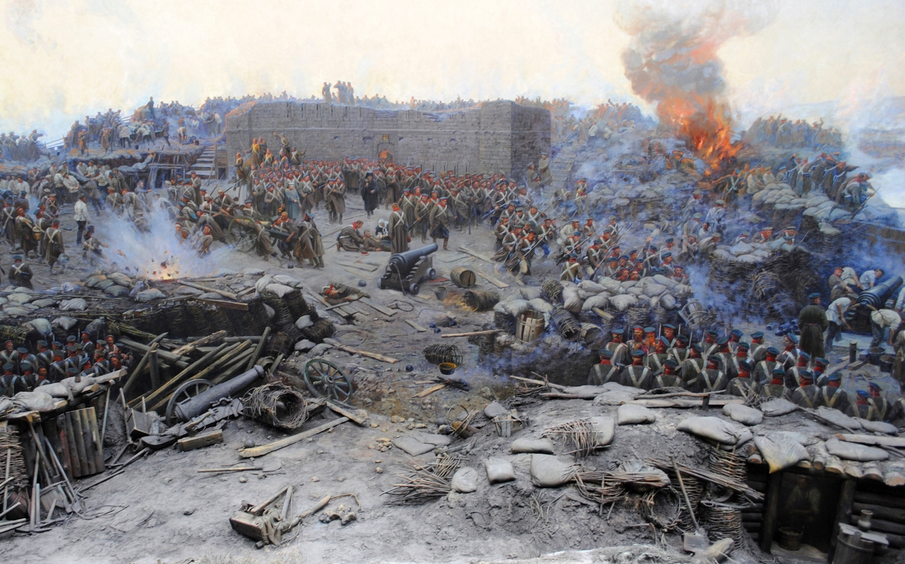
this is a great tale. keep it up
Thanks, cris.